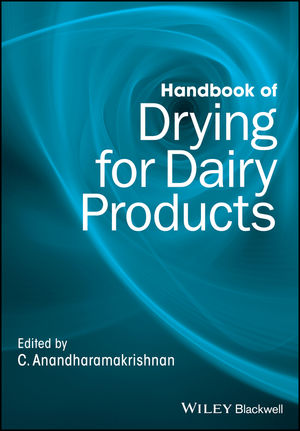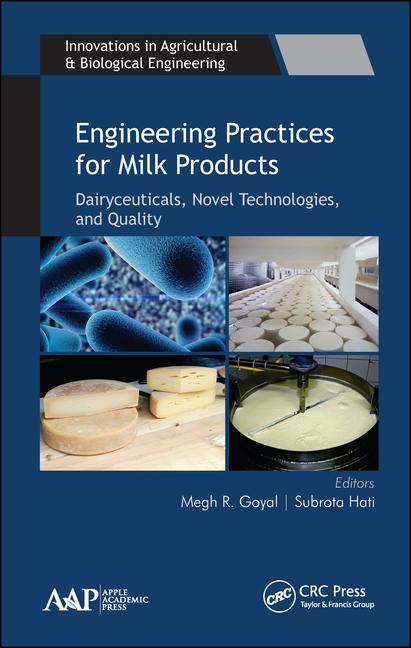
Dairy exporters are hailing the opening of new talks with South Korea, aimed at creating a Free Trade Agreement between the two trading partners. The Asian nation is already the sixth largest importer of U.S. agricultural products. Food industry representatives say the potential exists for significantly increasing the $2.5 billion in food exports to South Korea under a free trade agreement.
"Currently, South Korea maintains high tariffs on processed food imports, and our exports are hindered by other technical and sanitary barriers to trade," said Cal Dooley, President and CEO of the Food Products Association.
"For the United States, an FTA would provide U.S. food companies with increased access to the South Korean market, as well as new opportunities for processed foods and beverages."
"This country is one of strategic importance to the U.S. dairy industry and we welcome this undertaking," said Jerry Kozak, President and CEO of National Milk Producers Federation.
"Not all trade agreements are in American dairy producers' best interests; but a properly negotiated deal with Korea would provide us with an expansion in trade."
Despite heavy market access barriers to dairy imports, Kozak said the U.S. exported $46 million of dairy products to Korea in 2004. Last year saw a significant expansion in U.S. dairy shipments to Korea, likely totaling approximately $58 million for 2005.
"Korea provides very attractive growth potential for U.S. dairy exports, particularly for our cheeses," said Tom Suber, President of the U.S. Dairy Export Council.
A battle is shaping up between dairy processors and some dairy cooperatives that are lobbying for changes in the way Class I and Class II minimum milk prices are calculated. Dairy Farmers of America, Inc, Dairylea Cooperative Inc., Southeast Milk Inc., St. Albans Cooperative Creamery, Inc., and Michigan Milk Producers Association have asked USDA to hold an emergency hearing to consider their petition. The International Dairy Foods Association, said it is against the hearings. IDFA says the cooperatives are essentially proposing a de-coupling of Class I and II prices from Class III and IV prices.
"Implicitly, this petition has the same impact as raising the Class I and II differentials," said IDFA Chief Economist Bob Yonkers.


